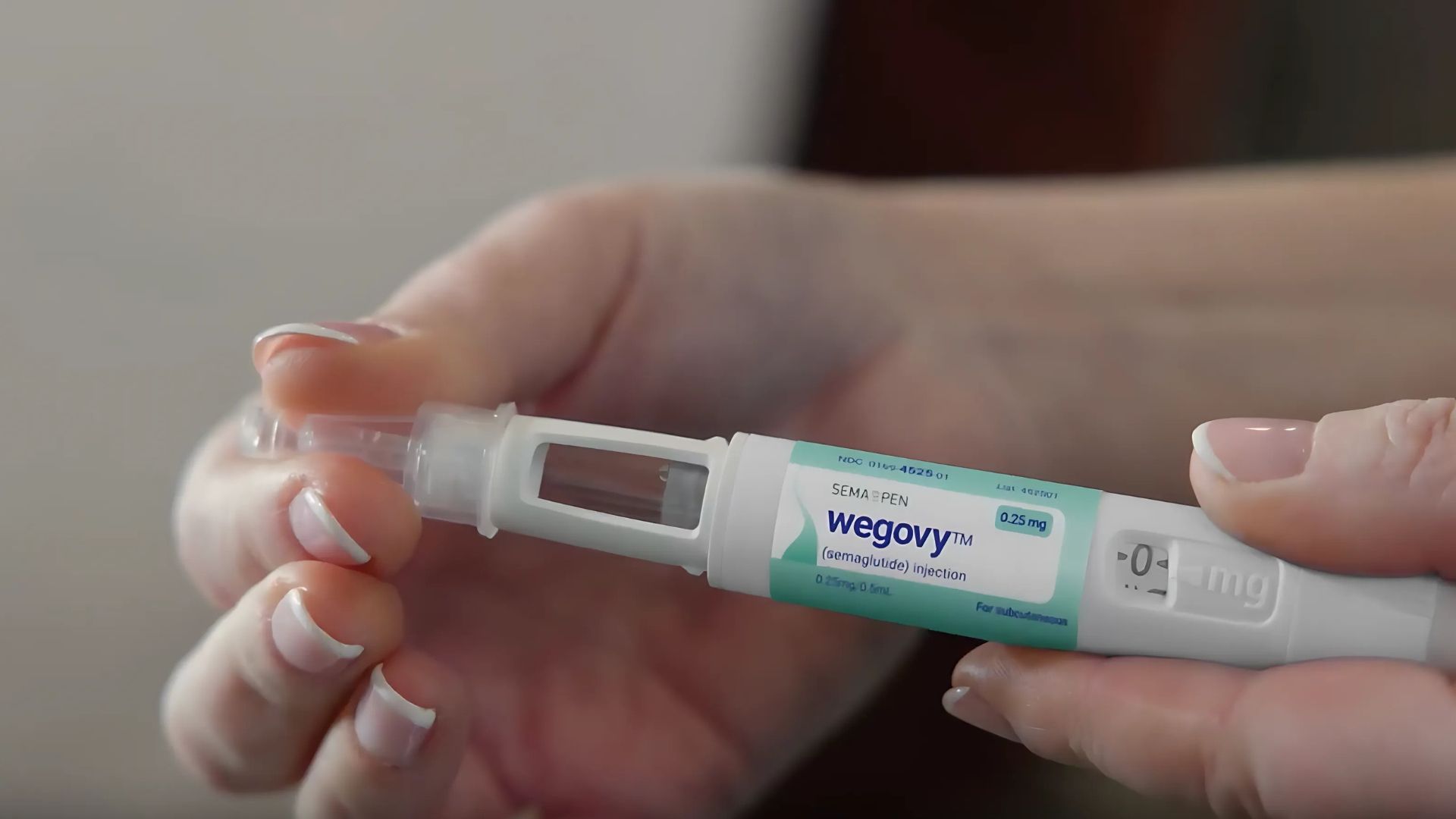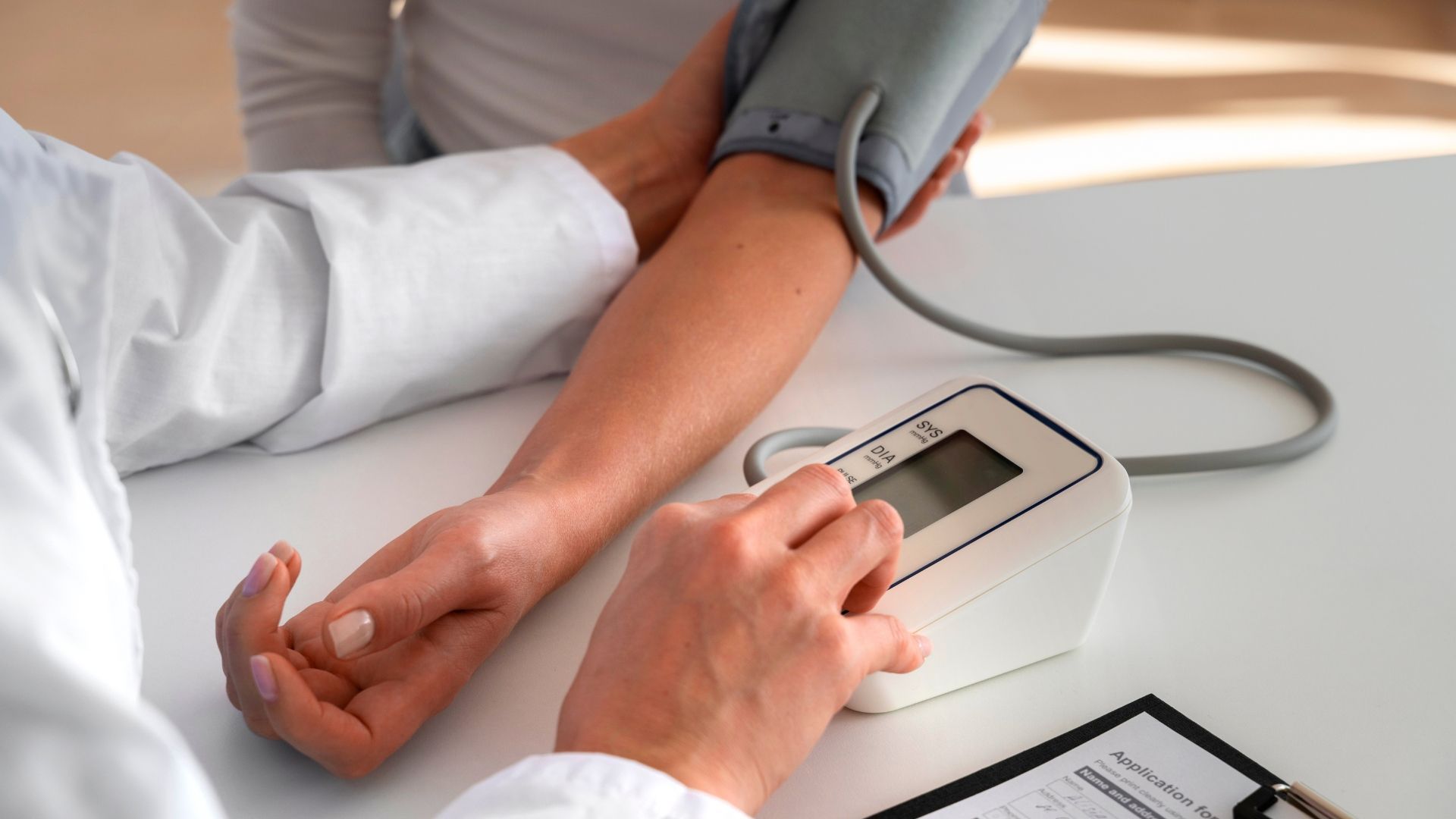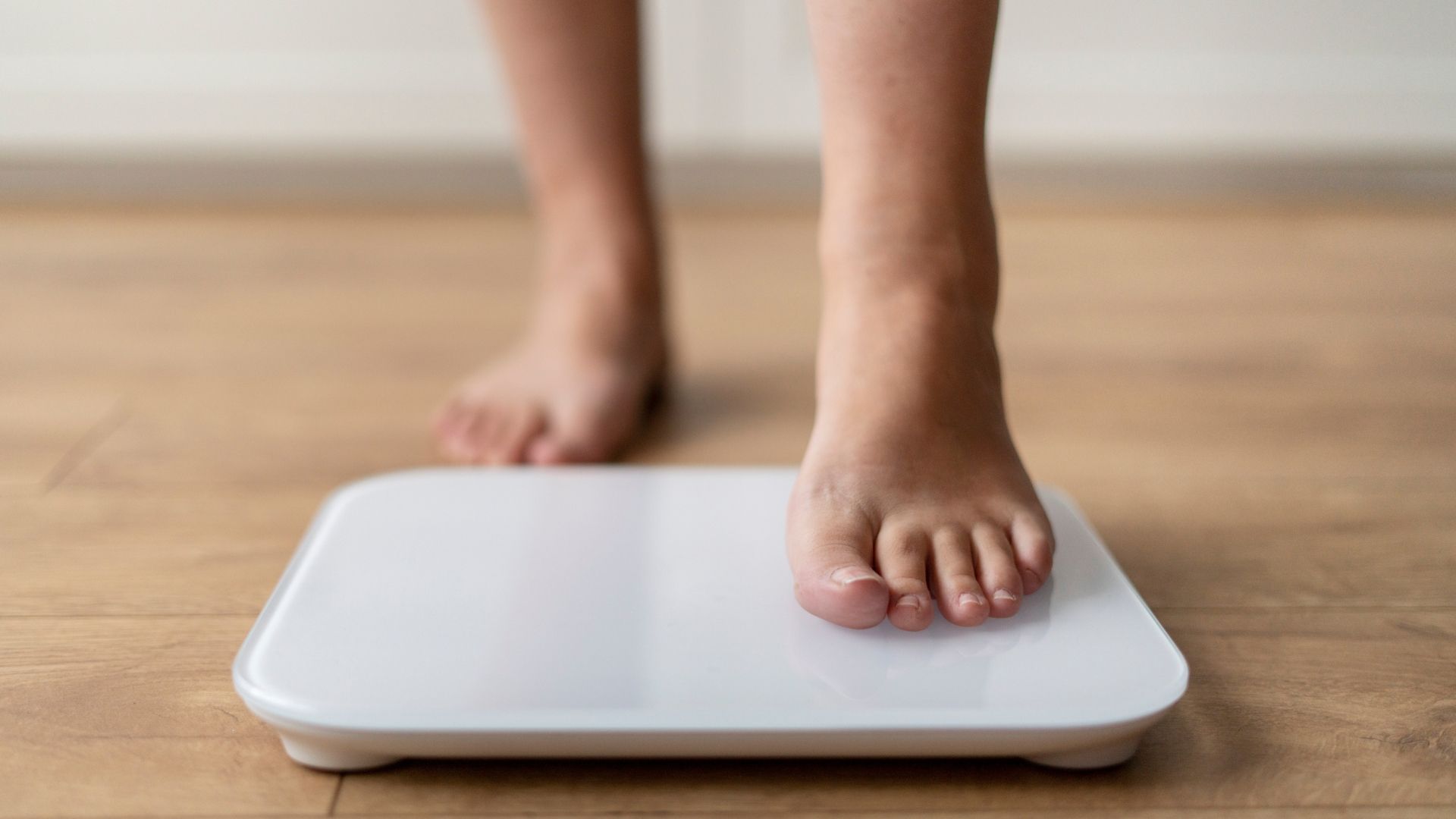Can I take weight loss injections before bariatric surgery?
Should you stop taking weight loss drugs before bariatric surgery? Get the latest advice from our experts.

The injectable medications Mounjaro and Wegovy are proven and effective weight loss treatments.¹ ² But they're not the only option for people who need a helping hand to lose weight.
If you're living with obesity and haven't seen the results you want with diet and exercise, you could also consider weight loss (bariatric) surgery. Today, this type of procedure is quite common and is considered safe – though, like any operation, it comes with risks attached.
This, however, raises a question.
Is it OK to take weight loss injections before you undergo bariatric surgery?
Unfortunately, there is no clear answer to this question – not as yet, anyway. We're still waiting for official guidance on the subject. And, apart from a few case studies, very little evidence exists to help patients and their healthcare teams decide on the best course of action.
In this blog post, we share the most up-to-date advice from SemaPen's medical experts (as of March 2025). If official guidelines are released in future, we'll be sure to update you.
What to do if you're taking weight loss injections before bariatric surgery
- Be aware that the usual fasting period before anaesthetic might not be long enough
- Ideally, stop taking the medication at least two weeks before surgery
- Let your anaesthesiologist know you're taking weight loss injections
1. Be aware that the usual fasting period before anaesthetic might not be long enough
The usual fasting time for surgery under general anaesthetic is six to eight hours. You might need to fast for longer if you're taking GLP-1 weight loss injections.
That's because these injections work (in part) by slowing down digestion. As a result, food tends to stick around in the stomach for longer.
2. Ideally, stop taking the medication at least two weeks before surgery
This is a precaution to limit the effects of the injections on the anaesthetic and surgical procedures.
3. Let your anaesthesiologist know you're taking weight loss injections
This is really important. Let your anaesthesiologist know you're taking GLP-1 injections and they can take additional steps to keep you safe during your operation.
Why do I need to take these precautions?
Bariatric surgery is conducted under general anaesthetic. This means doctors give you drugs to put you to sleep while they operate.
This process is very controlled and is carried out by trained professionals called 'anaesthesiologists'. However, like any medical procedure, it comes with risks.
One of the biggest risks of general anaesthesia is aspiration of stomach contents. In other words, you could regurgitate food and choke on it while you're asleep. This is one reason doctors ask you to fast (stop eating) for a few hours before surgery.
GLP-1 weight loss injections slow down digestion, so they may cause food to stick around in the stomach for longer than usual.
Does this increase the risk of choking under anaesthetic? Right now, we simply don't know. However, it's always best to be on the safe side. That's why we recommend taking these precautions before you undergo bariatric surgery.
SemaPen specialises in non-surgical options for weight loss, including the injectable medications Wegovy and Mounjaro. As part of leading UK bariatric surgery provider Phoenix Health, we can also help patients who might benefit more from surgical intervention.
Sources
1. Jastreboff, A.M. et al. (2022) "Tirzepatide Once Weekly for the Treatment of Obesity" New England Journal of Medicine, 387(3) https://doi.org/10.1056/NEJMoa2206038
2. Wilding, J.P.H. et al. (2021) "Once-weekly semaglutide in adults with overweight or obesity" New England Journal of Medicine, 384(11) https://doi.org/10.1056/NEJMoa2032183
This article was reviewed and approved on 24 March 2025 by Alice Fletcher, Lead Bariatric Dietician, and Lujain Alhassan, Bariatric Nutritionist.












